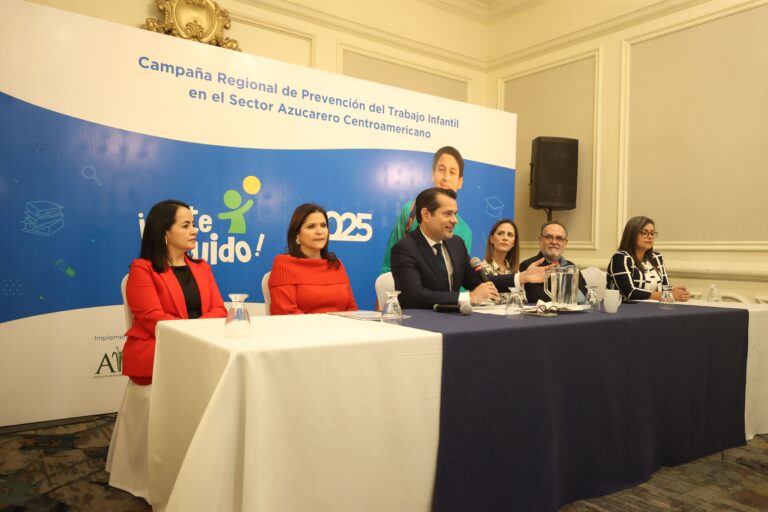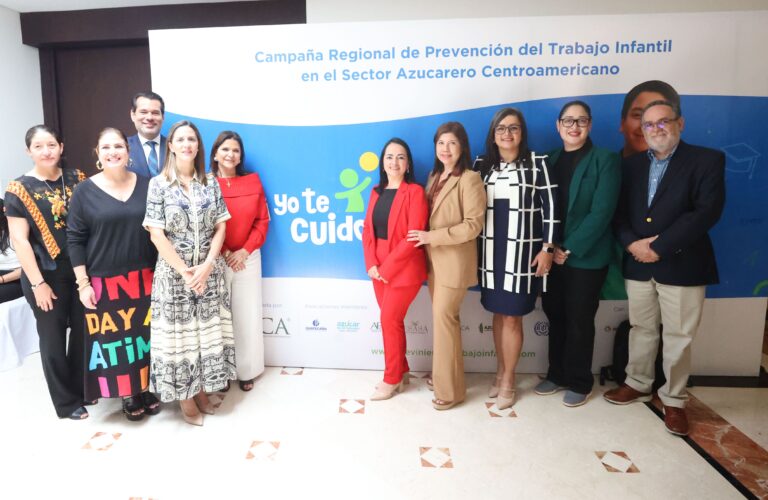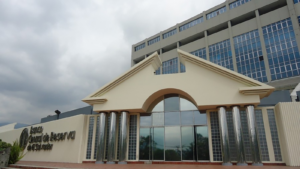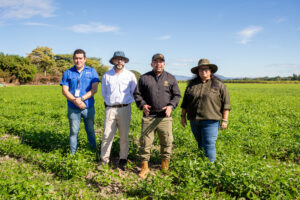This june 10th, the official launch of the regional “I Take Care of You!” 2025 campaign was celebrated, promoted by the Asociación de Azucareros del Istmo Centroamericano (AICA) and its member organizations. For the fourth consecutive year, this initiative is being implemented in a coordinated manner throughout the region with the goal of educating and raising awareness among workers, sugarcane producers, and communities about the importance of preventing child labor in the sugar agroindustry.

“As part of our sustainability strategy, at Guatecaña we work with a clear purpose: that no girl or boy should have their childhood interrupted by working. As an association, we are convinced that the future is our most important harvest”, commented Alfredo Vila, President of Asazgua.

Since its creation in 2022, the campaign has generated more than 800 awareness-raising activities in the region’s main sugarcane-producing areas, including workshops, community talks, contests, and the distribution of educational materials aimed at fostering greater understanding of the risks, consequences, and legal and socioeconomic implications of child labor.
“This fourth year represents a point of consolidation. We have positioned the campaign as an effective field-based awareness-raising tool. Our collaborative work throughout the region has enhanced the impact of our efforts, thanks to a solid regional structure”, said Juan Carlos Fernández, Executive Director of AICA.
In 2023, the campaign was recognized with the international “Leaders of Change” award by the ILO’s International Organization of Employers (IOE), highlighting its innovative and sustained approach, as well as its regional reach.


“At AICA, we are proud of the collective efforts of the entire sector. The Central American sugar agroindustry has evolved toward a sustainable model that recognizes children’s rights and understands that development cannot be built without ensuring safe environments for children and adolescents. We will continue advancing toward a production model in which child well-being is a shared priority”, said Mario Amador, President of AICA.

Carlos Linares Palma, ILO National Coordinator for Guatemala, recognized the importance of continuing to promote joint actions: “The eradication of child labor requires real commitment, continuity in actions, and a multisectoral approach. This regional effort led by AICA is an example of how the private sector can be a strategic ally in guaranteeing rights for future generations”.
The 2025 Child Labor Prevention Campaign is implemented as a coordinated effort by the Asociación de Azucareros del Istmo Centroamericano (AICA), together with its member organizations:
- Asociación de Azucareros de Guatemala (Asazgua).
- Asociación Azucarera de El Salvador y Fundazúcar El Salvador.
- Asociación de Productores de Azúcar de Honduras (APAH).
- Empresa de Servicios Azucareros, S. A. – Nicaragua (ESASA).
- Liga Agrícola Industrial de la Caña de Azúcar de Costa Rica (LAICA). — Asociación de Azúcares y Alcoholes de Panamá (AZUCALPA).
The campaign has the technical support of the International Labor Organization (ILO), as well as the accompaniment of the Red de Integración Centroamericana por la Responsabilidad Social Empresarial (Red INTEGRARSE) and the Federación de Cámaras Agropecuarias y Agroindustriales de Centroamérica (FECAGRO).


What is child labor?
According to the ILO, child labor is any activity that deprives children of their childhood, their potential, and their dignity. It affects their physical and psychological development and interferes with their right to education.
In the region, child labor is prohibited for all persons under 14 or 15 years of age, depending on the legislation of each country. “Hazardous Child Labor” is prohibited for all persons under 18 years of age, as it affects physical, mental, or moral well-being and/or interferes with schooling. Central American countries have ratified ILO Conventions 138 (Minimum Age for Admission to Employment) and 182 (Worst Forms of Child Labor), reaffirming their commitment to preventing and eradicating this scourge.
The campaign has the technical support of the International Labor Organization (ILO), as well as the Red de Integración Centroamericana por la Responsabilidad Social Empresarial (Red INTEGRARSE) and Federación de Cámaras Agropecuarias y Agroindustriales de Centroamérica (FECAGRO).







